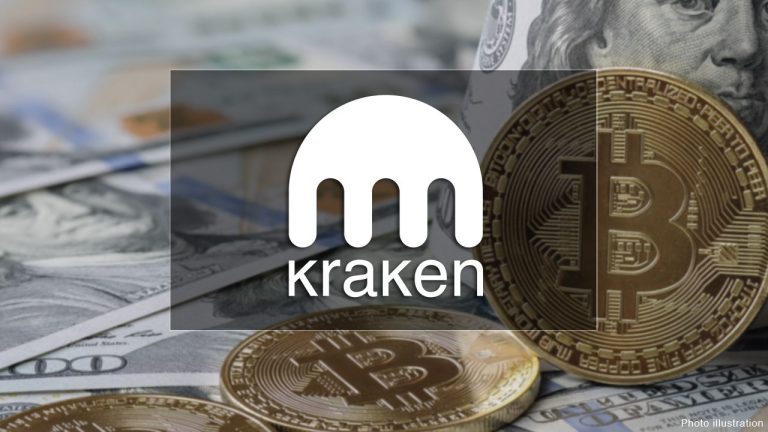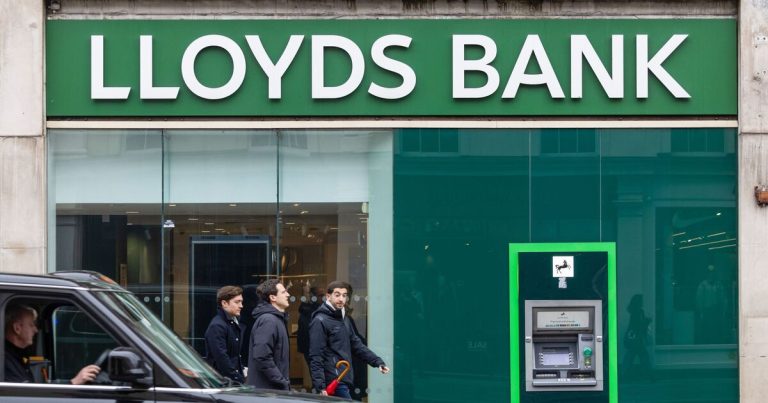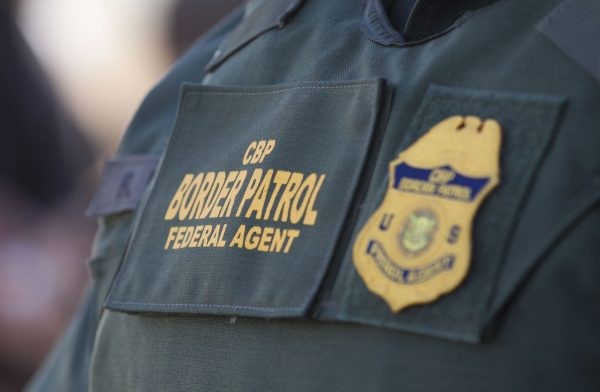
In 2010, when the Tory-led coalition came to power, fewer than five million pensioners paid income tax, according to the Institute for Fiscal Studies. Today, more than 8.5 million do so.
That will shoot past past nine million from April, when another 650,000 are dragged into the income tax net, thanks to Chancellor Jeremy Hunt’s decision to freeze the personal allowance at £12,570 until 2028.
The state pension rises by an inflation-busting 8.5 percent in April, lifting the new state pension to a maximum £11,501 a year.
That’s just £1,069 below the personal allowance, which means pensioners only need to generate a small amount of income to pay tax on it.
Pensioners normally do not need to complete a self-assessment tax return, as HMRC automatically calculates what they owe. As a result, many may not realise they have a liability until too late. Those who ring HMRC for advice face a long wait with helplines jammed.
Andrew Tully, technical services director at Nucleus Financial, said HMRC will not tax the state pension itself. “Instead it will apply the tax to your other sources of income.”
If you are self-employed or have other earnings, such as rental income from a property, you may need to fill in a self-assessment tax return.
The onus is on pensioners to keep an eye on how much tax they owe. This can be complex, especially if they have multiple sources of income, Tully added. “If you have too much tax deducted, you can reclaim the difference from HMRC, but only if you know it’s wrong.”
Pensioners will struggle with the new demand, said Stephen Lowe, group communications director at retirement specialist Just Group. “Anyone who was taxed via PAYE while working may have little idea how to complete a tax return.”
Lowe warned that some will find themselves in serious trouble. “The way the system works, people receiving state pension one year might receive a tax demand the next, when the money has already been spent.”
Many will be older pensioners on lower incomes, particularly single women who tend to live longer than men, and have never dealt with HMRC before.
Lowe said the government has to make sure they understand what is happening. But as the Waspi scandal and repeated DWP payment errors have shown, it may struggle. “HMRC has its own communications issues.”
READ MORE: Need to call the taxman? Phoning at teatime ‘will leave you waiting’
Becky O’Connor, director of public affairs at PensionBee, said the first step is to add up your total income from all sources, including state pension, private pensions, savings, rental property and any part-time employment. “Use an online tax calculator to estimate potential tax liabilities, or seek professional advice.”
If your total income surpasses the personal allowance, you may be liable to pay income tax.
In that case, you need to set aside funds to cover potential tax bills. “Create a budget and allocate a portion of income towards tax obligations to avoid a financial shock when bills arrive,” she said.
Consider investing in tax-efficient vehicles such as Isa or pension schemes to minimise taxable income.
Claim the marriage allowance and council tax discounts, if eligible, O’Connor added.
The tax system is notoriously complicated so if stuck, ask for help, Lowe said. Citizens Advice and the government’s free MoneyHelper service can assist. “Consider asking family or friends to check your figures.”








